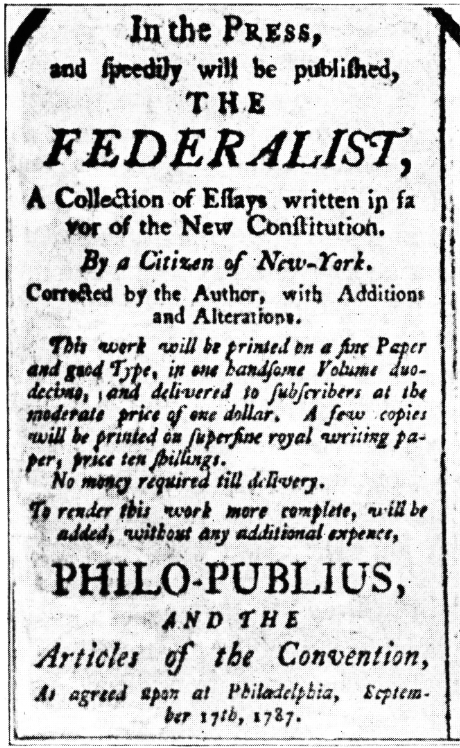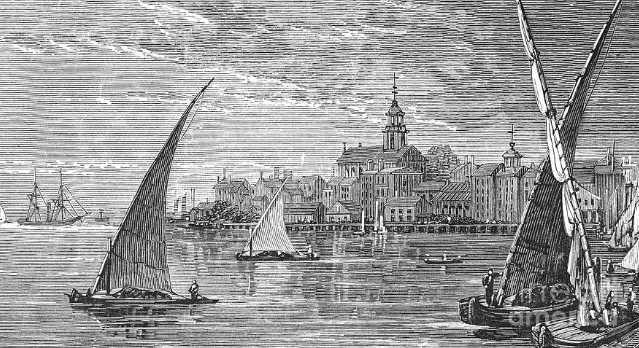Why 4 Years is the Sweet Spot for President - Federalist #71
In Federalist #71 Alexander Hamilton presents the reasoning behind a four year term for President.
Federalist #71
Alexander Hamilton
March 18, 1788
In Federalist #71 Alexander Hamilton discusses why the President should be elected to a term of four years.
Essentially, four years seems to be the ‘Baby Bear’s porridge’ of terms...not too short and not too long.
It gives the President the ability to act independently of the whims of the people, but prevents him from accumulating too much power.
Four Years
Anti-Federalist criticism regarding the length of a four year term generally focused on the idea that this would be enough time for a President to assume too much power.
Hamilton counters that a shorter term would force the President to respond hastily to popular opinion.
His fear was that a leader who bent to the will of the people (usually to secure reelection) would result in an unstable government.
A Powerful Executive
Hamilton believed that, even in a Republic, a strong Executive was extremely important.
The President should be comfortable making tough choices, even if they are unpopular.
Four years seemed to be enough of a term that a President could make decisions without concern regarding his reelection or the ire of the general populous.
However, should a President go rogue, those same four years should not be nearly enough time for one person to take over the essential duties of both the Legislative and Judicial Branches of the government. This Separation of Powers was the key feature that would prevent tyranny in the United States.
I publish Federalist summaries every Friday (and stories about random Founders the other six days of the week).
If you’ve missed a Federalist Friday, you can catch up here.
Do you love what the Founders had to say?
Me too…that’s why I put some of their quotes on some of my merchandise.
Check it out here:






